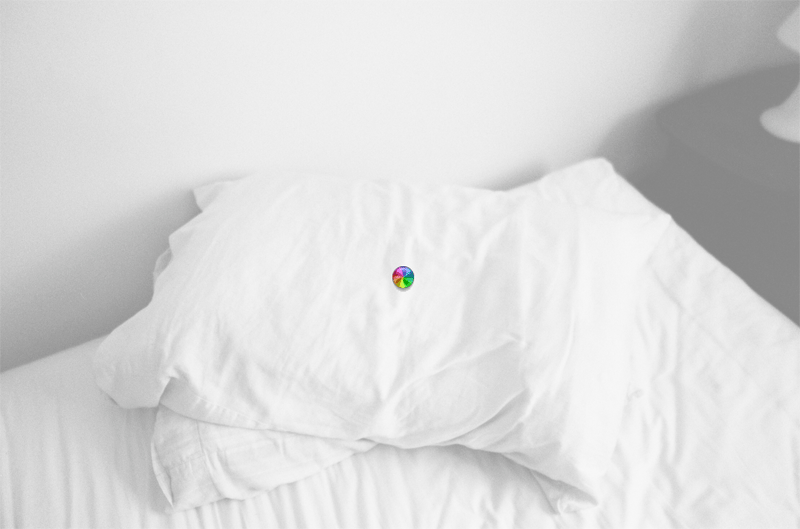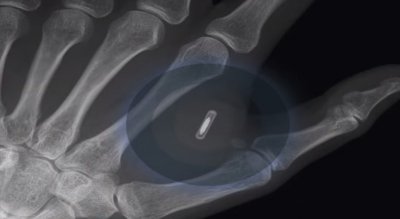Interviewee: Amy Wen
Occupation: Medical Student
Location: Paramatta Restaurant
Time: 4pm
The interview was conducted at 4pm on a Tuesday afternoon in a quiet Paramatta restaurant. The interviewee was Amy Wen, a medical student at the University of New South Wales who is currently in her final year doing research on Crohn’s disease at Liverpool hospital.
Initially I asked her how her day was and what she got up to and she responded with her travelling to the hospital to continue with her medical research. She sounded excited so I asked her what interests her the most about studying medicine. She responded with a heartfelt ‘human relationships’ and through that, bringing value to her occupation. Therefore, I approached the interview on a social level seeing the past and present views on society as indicators on one’s perspective on the future.
Amy was born in Australia and has first generation Chinese parents. Her chosen career path was influenced by the cultural ideals shared by many Chinese parents of medicine being the ultimate occupation. She attended primary and high school with education at the focus of her childhood. In February 2016, Amy went to Beijing to visit family and has been five years prior. When asked if there were any dramatic changes in China, she stated ‘no, but primarily cultural shifts’ which included ‘increased focus on fashion, globalisation and western culture’. Beijing has also taken a turn to use renewable energy, which was noticed by Amy while she was taking a train from home to the city. Products that China has been known to produce have improved in quality. There is also an increase in the education of the English language as a conversation with Chinese youth could be held compared to five years ago when English was rarely spoken.
Currently in Sydney, Amy lives about one and a half hours away from the city and therefore, much of her views on the future were focused on improving transportation. During the discussion, I asked what kind of future she saw and she responded with hopes for a society that becomes more environmentally aware and envisions a sustainable means of energy use.
Amy lives with her parents and when asked about her sleeping habits she commented that they were standard, she has the freedom of a private bedroom in a two storey house, brushes her teeth and showers before bed. However, due to assessments and procrastination she has been sleeping from ideally a nine-hour time frame to seven hours per night. Due to the lack of sleep she has noticed shortness of concentration and lack of energy during the day. Her father suffers from severe sleep apnea for most of his adulthood and uses a cpap machine. He finds it difficult to sleep at night and therefore asks his children to sleep earlier. If he is not well rested, this affects his moods during the day and he complains during the day to Amy in which sometimes she becomes aggravated.
Through much of this interview, I realised much of an individual’s background, culture, education and environment influences their perspective on the future. It is these aspects that shape what the individual values in the future and where efforts are placed to see change in the world.






